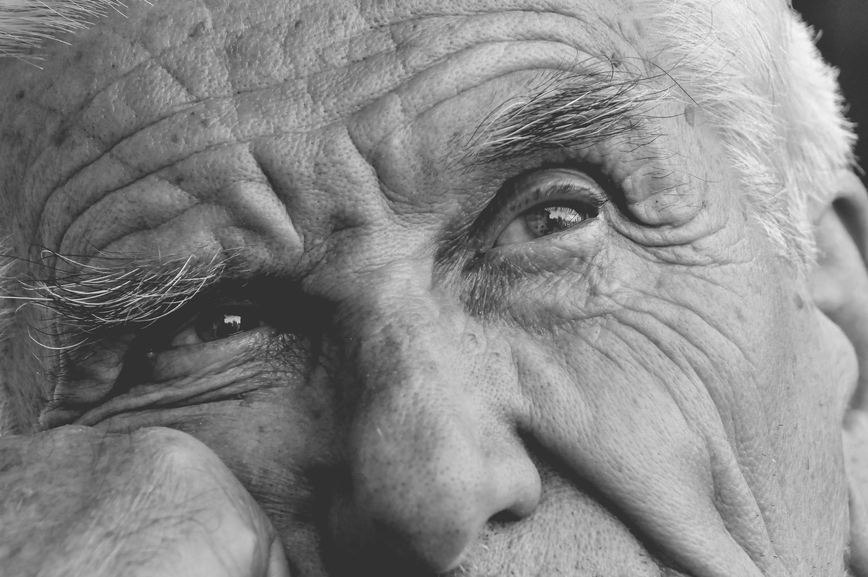Much attention has been paid lately to concussion injuries in athletes, especially football players, but this brain injury is more common in elderly people than you might think.
Concussion is described today as a MTBI (Mild Traumatic Brain Injury) and is being taken more seriously as evidence mounts that TBI appears to present a greater risk as we age. There is also recent research, published in the JAMA Neurology, that brain injury may increase the risk of developing dementia.
Older people are more susceptible to fall hazards, whether it’s because of an underlying health condition such as Parkinson’s Disease or due to medication side effects or blood pressure changes. Falls are the leading cause of TBI in people over the age of 75 and in more than half of the cases reported in the Canadian Community Health Survey, falls occurred while walking or doing household chores.
In many instances, TBI may not be diagnosed because it is not reported. Seek medical attention after a fall if you or an elderly loved-one exhibits any of the following symptoms:
Fuzzy or slower thinking
Difficulty remembering new information
Headache – getting worse and will not go away
Blurry vision
Nausea (early on)
Balance problems
Sensitivity to noise or light
Sleep changes – very drowsy or cannot sleep
Mood changes
Muscles weakness
Slurred speech
Recovery from concussion may be slower in older adults, consult with a doctor about recovery programs and treatment. For more information call the Ontario Brain Injury Association Support Line at 1-800-263-5404.






Add Your Voice
0 Comments
Join the Discussion